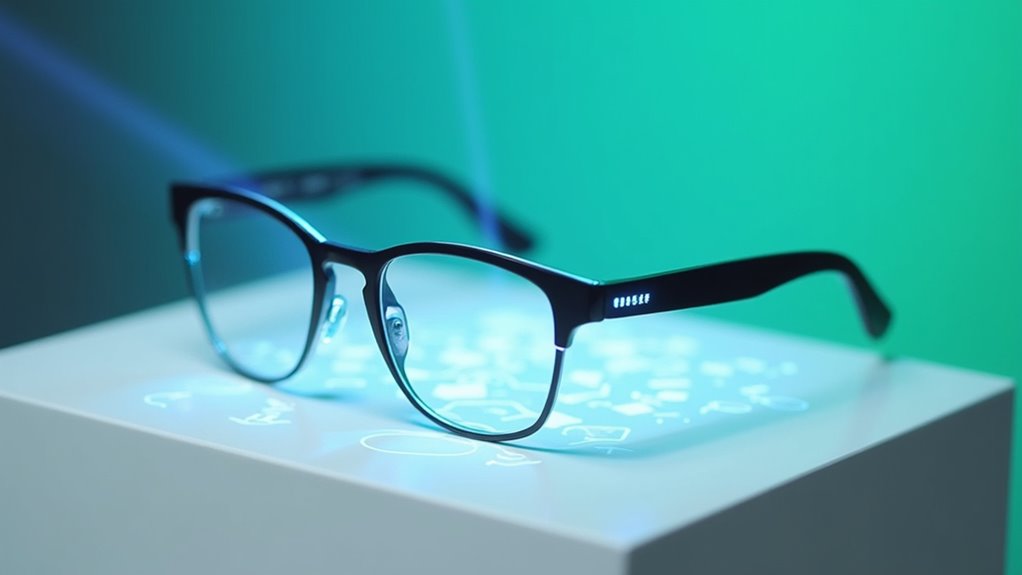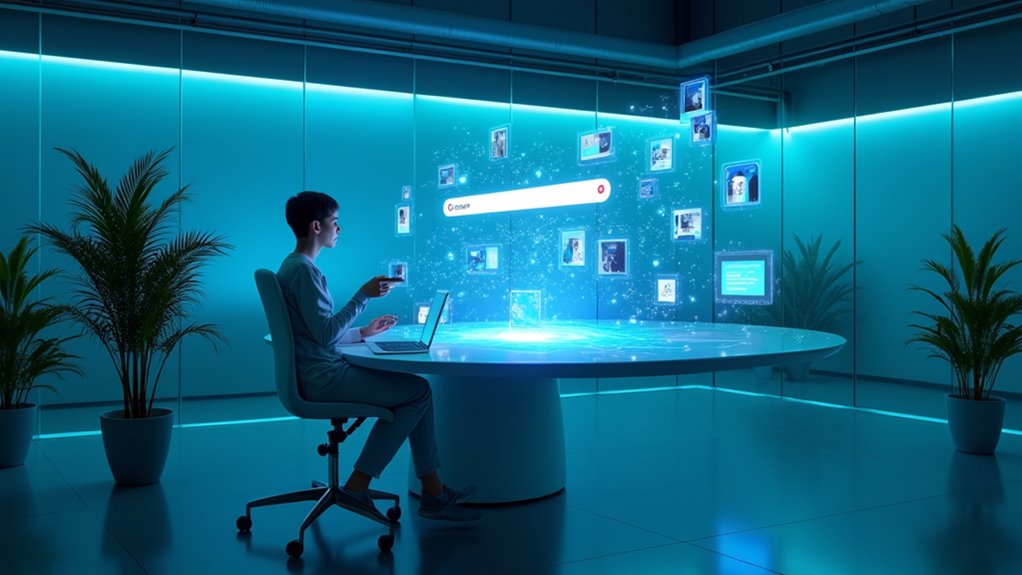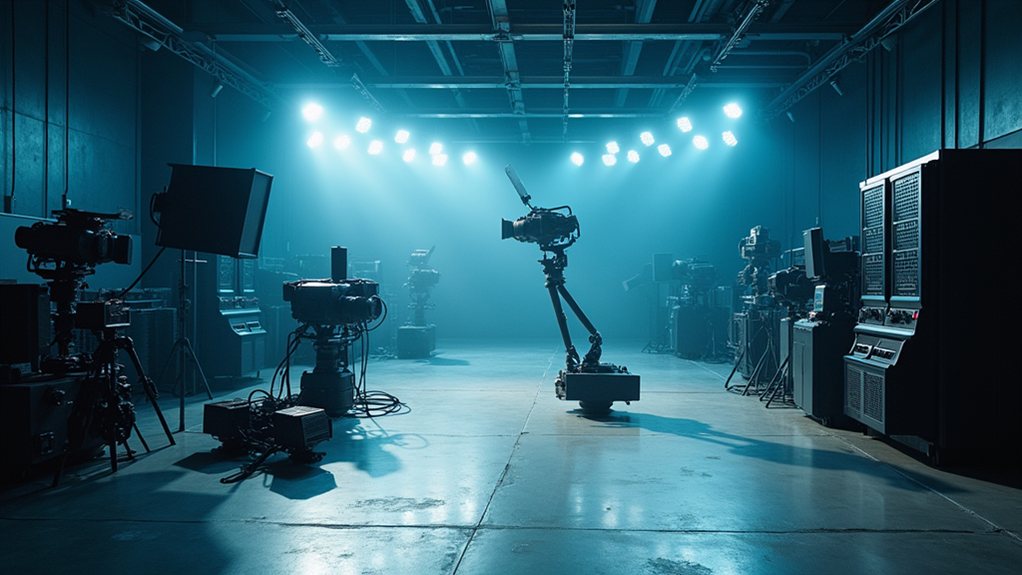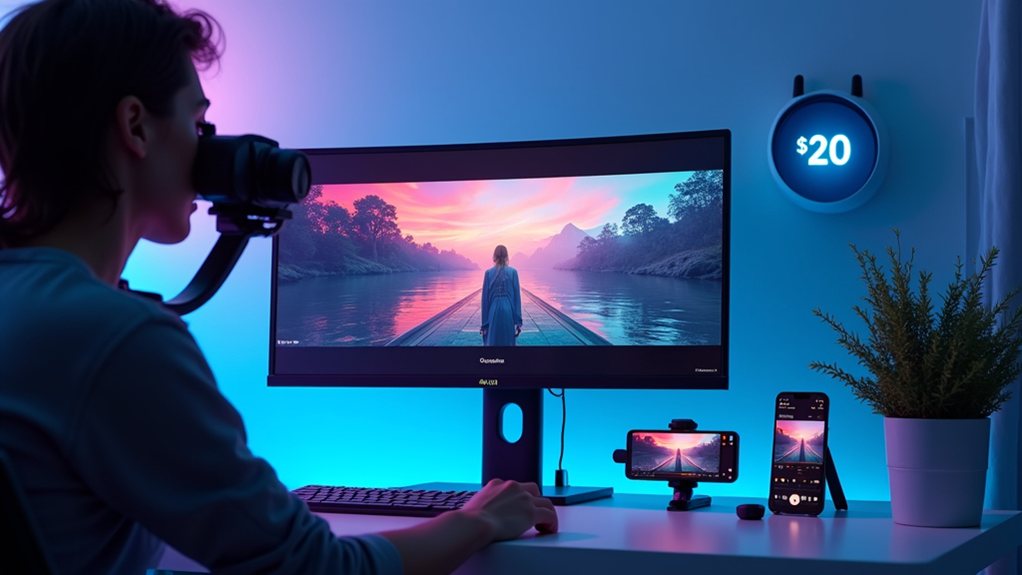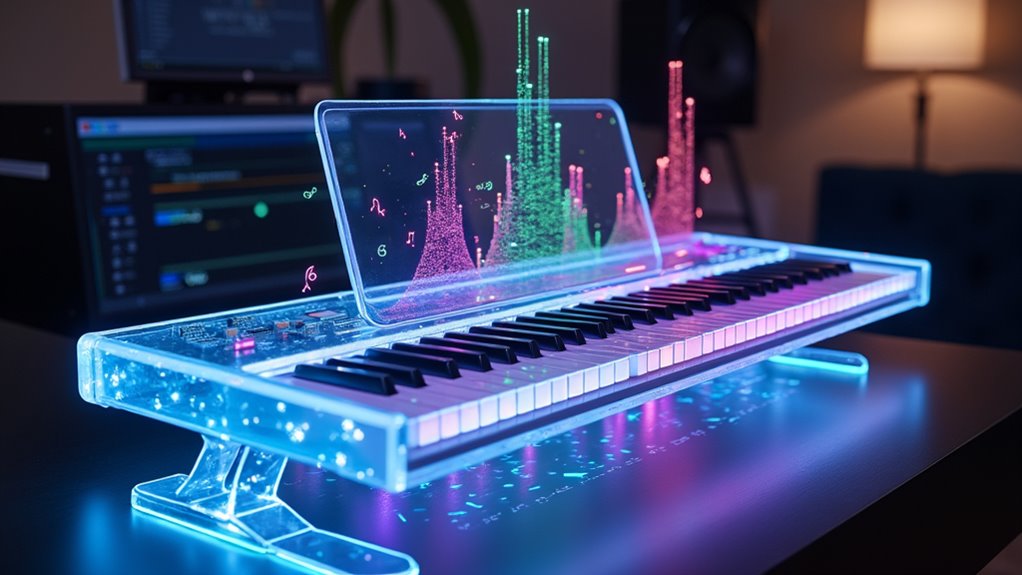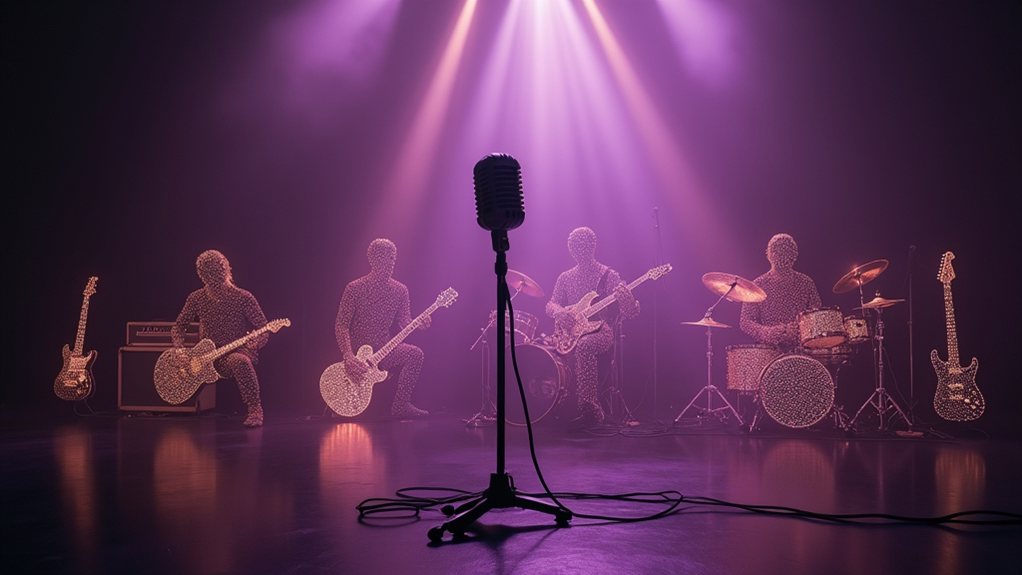Google just dropped up to $150 million (because why not?) to partner with Warby Parker and Kering, trying to make AI-powered glasses happen—again. This dream team is blending Google’s Gemini smarts with chic, actually-wearable frames—yes, prescription options, yes, real-time translation, and finally no “cyborg chic.” Clearly, Google wants in on the Meta/Amazon wearable tech cage match, and this time, it might not look totally ridiculous on your face. Want the fun stuff and inside scoop on what’s next?
Even as tech giants scramble to slap AI on anything with a battery, Google has decided to literally put it on your face—because apparently, that’s the future we asked for. The company is teaming up with Warby Parker and Gentle Monster, fundamentally the Avengers of eyewear, to craft AI-powered smart glasses. This isn’t just about slapping a chip in your specs; Google’s throwing down up to $150 million, including an equity stake in Warby Parker, so things are getting serious.
Here’s the pitch: take Google’s Android XR platform, blend in its Gemini AI, and wrap it all in Warby Parker’s signature stylish frames. The result? Glasses that promise to be both “all-day wearable” and less “cyborg chic” than past attempts (looking at you, early Google Glass). These aren’t just a fashion statement—they’re a new form factor for computing, aiming for the sweet spot between slick design and practical utility. [In addition, the Android XR glasses will feature configurable in-lens displays and real-time conversation translation capabilities, highlighting Google’s push into multimodal AI-powered experiences.]
Google’s smart glasses blend Gemini AI and Android XR with Warby Parker’s style—finally making wearable tech both practical and actually cool.
*What can you actually do with these?* Well, thanks to Gemini’s multimodal smarts, you get real-time context recognition, voice-activated app control, and (drumroll) live language translation—so you can finally understand your barista in Paris or your in-laws in Barcelona. There’s also hands-free help for messaging, managing appointments, getting directions, or just pretending you’re in a sci-fi movie.
A few perks worth noting:
- Works seamlessly with Android phones
- Available in prescription and non-prescription options
- Optional in-lens display for those secret agent vibes
This all lands Google smack in the middle of a competitive brawl with Meta, Amazon, and anyone else hoping you’ll wear their tech on your face. The company is betting that the combo of fashion (thank you, Warby and Gentle Monster), all-day wearability, and AI wizardry will finally nudge smart glasses from “gimmick” to “gotta have it.”
No launch date yet, but the investment—and the high-profile partners—signal Google’s in this for the long haul.
The takeaway? The next time someone says “the future is now,” don’t look at your phone—just look in the mirror.
